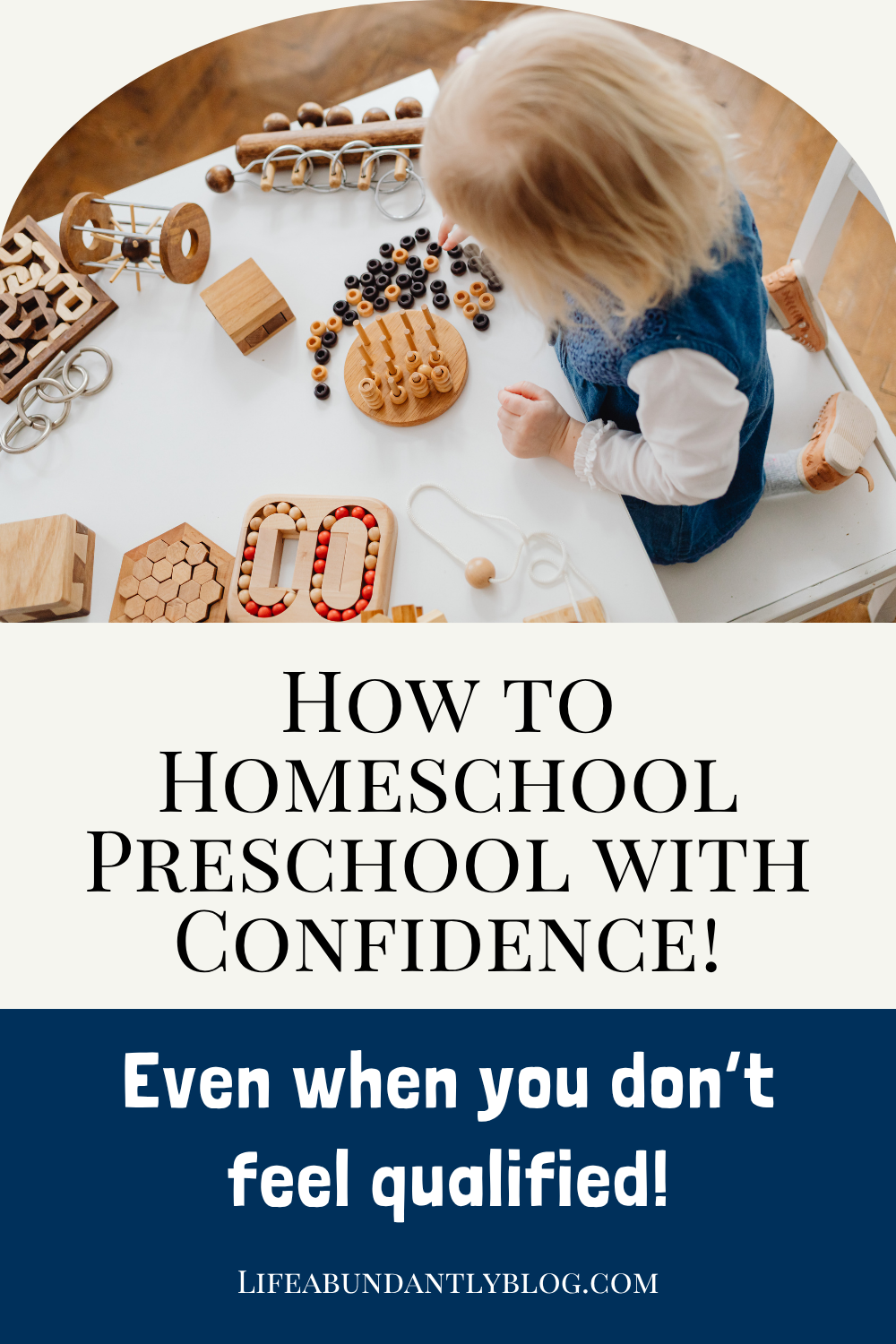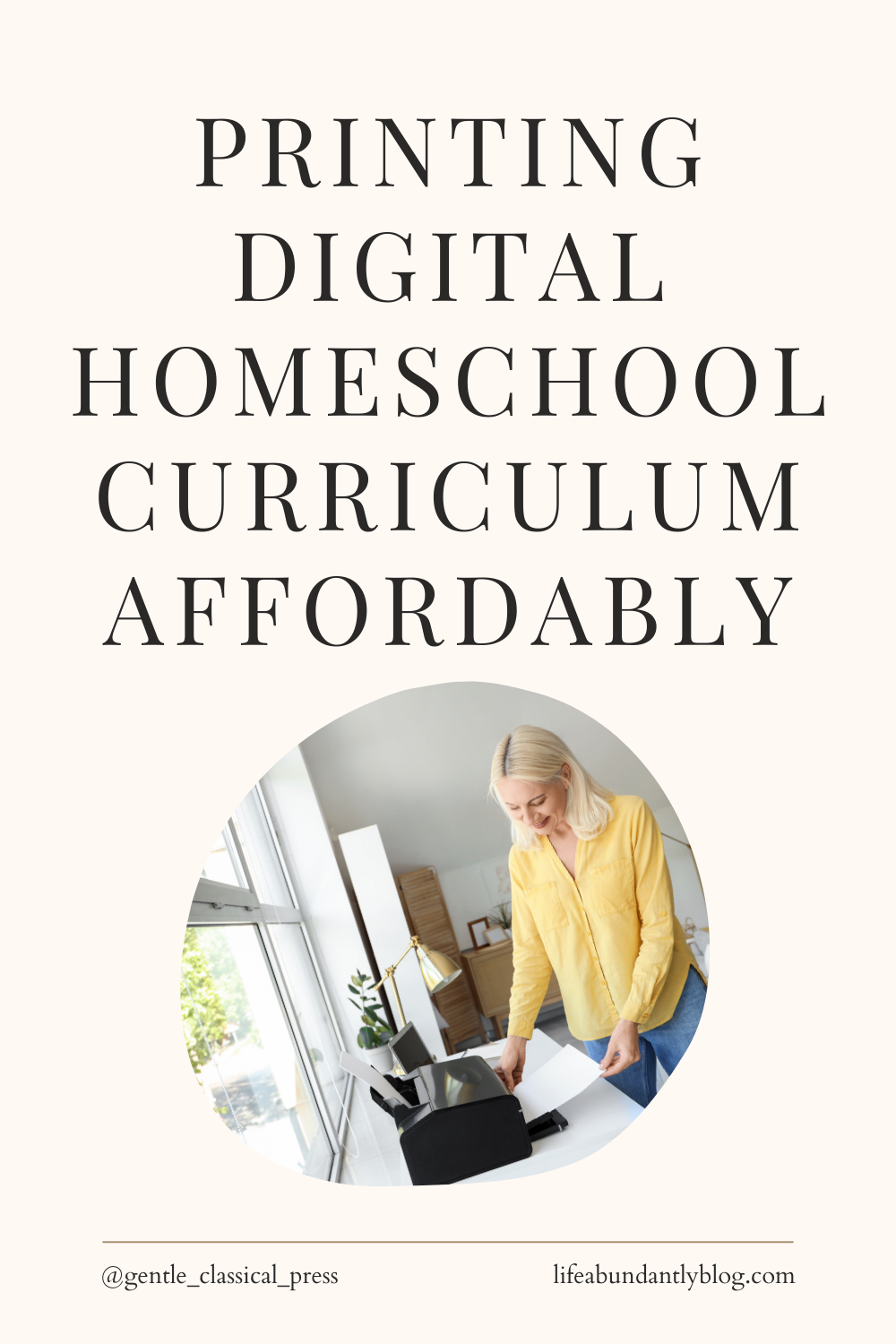Classical Conversations vs Classical Education
/(Before I dive into this topic, I want to say that while my knowledge is slightly more than an inch deep about classical education and the Charlotte Mason philosophies, I still rank myself as a novice in rhetorically defending or teaching either. I absolutely love to do it, which is why our curriculum exists, but I know that I still have much that I don't know. To that end, I submit this information to you in humility, but also with the disclaimer that I have deeply simplified much that I've included for brevity and clarity. My goal here is to shake loose some wrong assumptions that I'm hearing repeatedly online and in person for the sake of the broader Classical Education and Charlotte Mason movements.)
I’ve been thinking lately about how often we use the phrase “classical education” in homeschool circles—and how it can mean slightly different things depending on who’s saying it or who’s hearing it.
Sometimes when people say they’re doing classical education, they mean they’re part of Classical Conversations which is a structured program that uses classical tools like memory work, recitation, and public speaking (plus much more!) in a community setting. Classical Conversations is a particular brand of educational curriculum, just like Memoria Press, Classical Academic Press, or The Gentle + Classical Press ;).
And that’s a beautiful thing. Truly. I’ve known so many families who thrive in the CC environment, who love the community support, and who benefit from the structure it provides. We've been a part of a Classical Conversations community ourselves, and I used the curriculum for many years with my daughters. I think CC is a phenomenal curriculum, so please know in advance that what I'm sharing below is far from a criticism of CC, simply a clarification.
I’ve also found that some moms are surprised to learn that Classical Conversations is just one interpretation of classical education—not the definition of it.
In other words: Classical Conversations is a format for classical education, but Christian Classical Education is broader and deeper than any single program or curriculum.
What's Dorothy got to do with it?
One reason many people may equate CC (or similar programs) with classical education is because of Dorothy Sayers’s 1947 essay, The Lost Tools of Learning.
In it, Sayers proposed an idea that became incredibly influential in modern classical education (neoclassical): that the trivium—grammar, logic, rhetoric—could be mapped onto child development stages.
She described young children as “sponges” suited for memorization (the grammar stage), middle schoolers as naturally argumentative (the logic stage), and teenagers as ready to express and debate (the rhetoric stage).
That idea took off and for solid reason. Classical Conversations and many similar programs embraced it wholeheartedly, building structures around those developmental stages. I, too, can see why this idea is so popular and have seen these types of stages play out in my own children's development.
But here’s what’s interesting: While brilliant, this essay was more of a thought experiment than a representation of classical education as it had been understood and implemented for hundreds and hundreds of years.
Historically, the trivium is not an "ages and stages" approach to education, but rather a set of disciplines and part of the seven liberal arts. So, let's dig into a little piece of that!
The Classical Trivium: A set of disciplines (highly simplified)
In classical antiquity, the trivium wasn’t about age or stage. It was about process.
✔️ Grammar wasn’t just learning phonics or parts of speech (or memorizing dates and facts). It was the foundational knowledge and vocabulary of any subject. To learn music, you had to learn the “grammar” of music—notes, scales, terms. To learn geometry, you had to learn its “grammar”—definitions, axioms, shapes.
✔️ Logic wasn’t a middle school subject to check off. It was the ability to reason, to see connections, to weigh arguments, and to understand context. After you knew the facts (grammar), you asked: “How do these fit together? What’s true here? How does this thing relate to that thing? How did this event affect that event?” In logic, we wrestle with ideas until we can move onto the rhetoric stage.
✔️ Rhetoric wasn’t reserved for high school debate clubs alone. It was the art of taking what you knew (grammar) and what you understood (logic) and expressing it beautifully, persuasively, winsomely. And in the Christian tradition, you did this all for the Glory of God.
And this wasn’t a linear path you walked once. You moved through grammar, logic, and rhetoric every time you approached a new discipline. It was both large in that it could span years and small in that it can be applied to any new knowledge. It is a process that is present in every age and stage of life.
When a student learns Latin? You learn Latin grammar, then practice logical translations, then read Cicero’s rhetoric. When you study science? You learn scientific vocabulary (grammar), form hypotheses (logic), and present findings (rhetoric).
On her blog, Afterthoughtsblog.net, Brandy Vencel describes it like this:
"... grammar is learning to read with understanding, dialectic is learning to reason well, and rhetoric is learning to communicate truth effectively and persuasively." (I highly recommend reading that blog post!)
(Read how CC explains the Trivium for their program here.)
Traditional classical education is not about rigor or developmental stages but about the cultivation of wisdom and virtue.
This distinction matters because it shifts the goalpost of classical education.
If classical education is a developmental framework, then the aim is to get the right content "into" our children by the right stage. But if classical education is a philosophy aimed at forming the whole person—mind, body, soul—toward virtue, wisdom, and truth… then that's a completely different thing altogether.
Karen Glass says it beautifully in In Vital Harmony:
"First, the primary purpose of education is wisdom and virtue, and every part of the program should serve to teach learners how to think and act rightly."
David Hicks writes similarly in Norms and Nobility,
“The purpose of classical education is not the assimilation of facts or the retention of information, but the habituation of the mind and body to will and act in accordance with what one knows.”
Classical education invites our children into the "Great Conversation" with truth, beauty, and goodness. It asks them to love what is lovely, dwell on what is true, and desire what is good. Above all, it commissions them toward right action which is the ultimate aim of all Christian education.
It’s not just about what they learn or when they learn it, but who they are becoming through the learning. And, it most importantly, provides the space for right thinking and right action, which can be crowded out when rigour becomes the goalpost.
(Note: This section in no way intends to insinuate that Classical Conversations curriculum and campuses don't embody virtue, elevate what is lovely, or commission students toward right action. The focus on virtue development as the most foundational tenant of traditional classical education is simply a clarification of the goals and purpose of traditional classical education.)
What about sweet Charlotte?
You might wonder: “Is Charlotte Mason classical?” (Some might recoil at the very thought!)
The short answer? Absolutely. (And yes, this will be its entire own email and blog post later.)
Charlotte Mason’s philosophy embraced many of the same philosophies and tools of classical education:
✔️ Teaching through narration (which moves a child from grammar into logic and rhetoric).
✔️ Emphasizing the formation of habits as the foundation of education.
✔️ Feeding the child’s soul on living ideas—books, nature, art, Scripture.
✔️ Seeking not just knowledge, but relationship with knowledge (what Karen Glass calls synthetic thinking—seeing connections across disciplines is very similar to Charlotte Mason's idea that "education is the science of relations").
Ultimately, in all of these traditions, we are inviting the child into right relationship with God, with others, and with Creation.
Miss Mason's methods feel gentler and more poetic than some modern classical models—but her goals align beautifully with the historic classical tradition of forming virtue and wisdom. (If you want to read more about the concept of Charlotte Mason being a classical educator herself, I really encourage Karen Glass' Consider This as your summer reading!)
Classical education is a wide, beautiful garden.
Here’s why I love making this distinction and feel that it is vitally important to make:
✅ If you’re in Classical Conversations and love it—wonderful! CC is a WONDERFUL, robust, Truth-oriented, and God-glorifying program. But know that it’s one path in the garden, not the whole garden.
✅ If CC doesn’t fit your family or you find the focus on memorization or the pacing of their Challenge programs off-putting, you don't have to “quit classical.” You can simply choose a different path inside the bountiful garden. Understanding that CC isn't the only way in Classical Education can help you not throw out the baby with the bathwater.
✅ If you’re mixing Charlotte Mason methods with classical ideas, you’re still walking in the tradition of classical education, and that is a good and beautiful thing. Welcome to the other paths in the garden! It's what we do here at The Gentle + Classical Press!
You don’t have to fit inside a branded box. And you don't have to "pick a camp" and never step foot outside of it.
Home education is GENEROUS. Charlotte Mason and Classical Education philosophies are GENEROUS. You have the freedom to pursue classical education in a way that fits your family’s culture, convictions, and calling.
For our family, that’s meant weaving together many threads: Scripture, recitations, living books, narration, artist study, poetry, nature walks, journaling, gentle memory work, the Great Books, formal training in Logic and Rhetoric—not boxed in, but guided by the heart of classical education through a Charlotte Mason lense.
If you’ve ever felt unsure about whether you’re “doing classical right” or if you should be doing it at all… take a deep breath. You’re in the right place.
I’m so grateful we get to keep learning, growing, and exploring together, friend! Until next time!



















